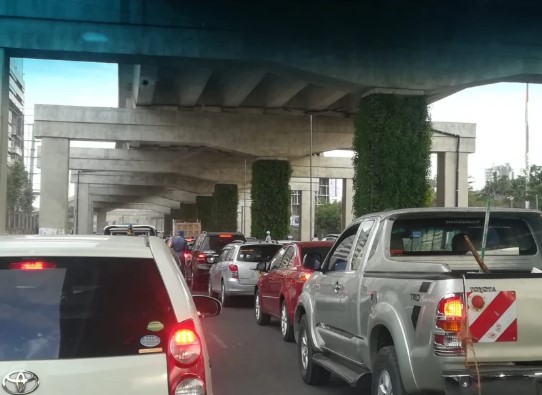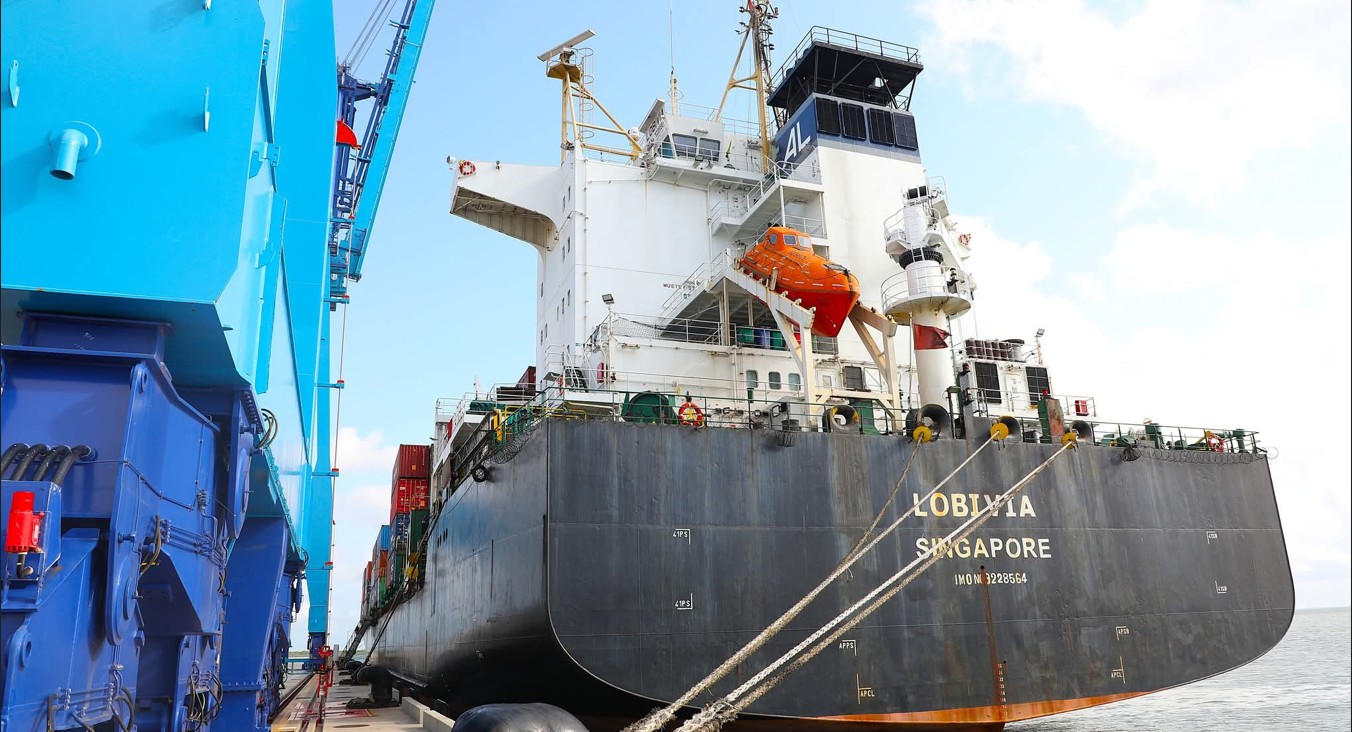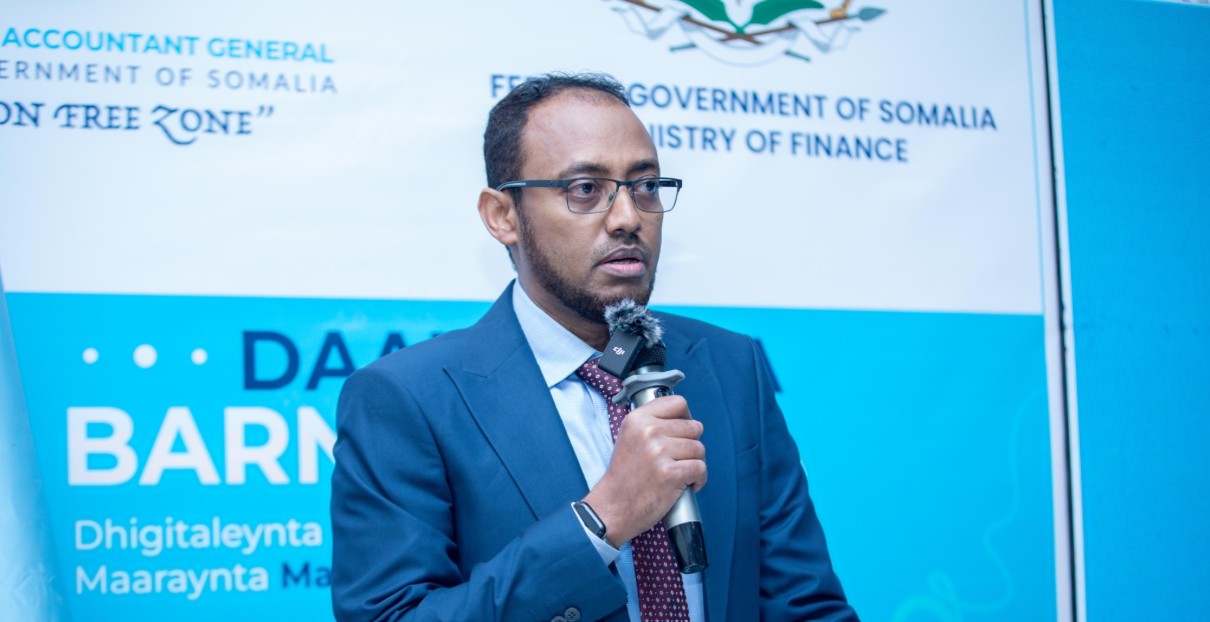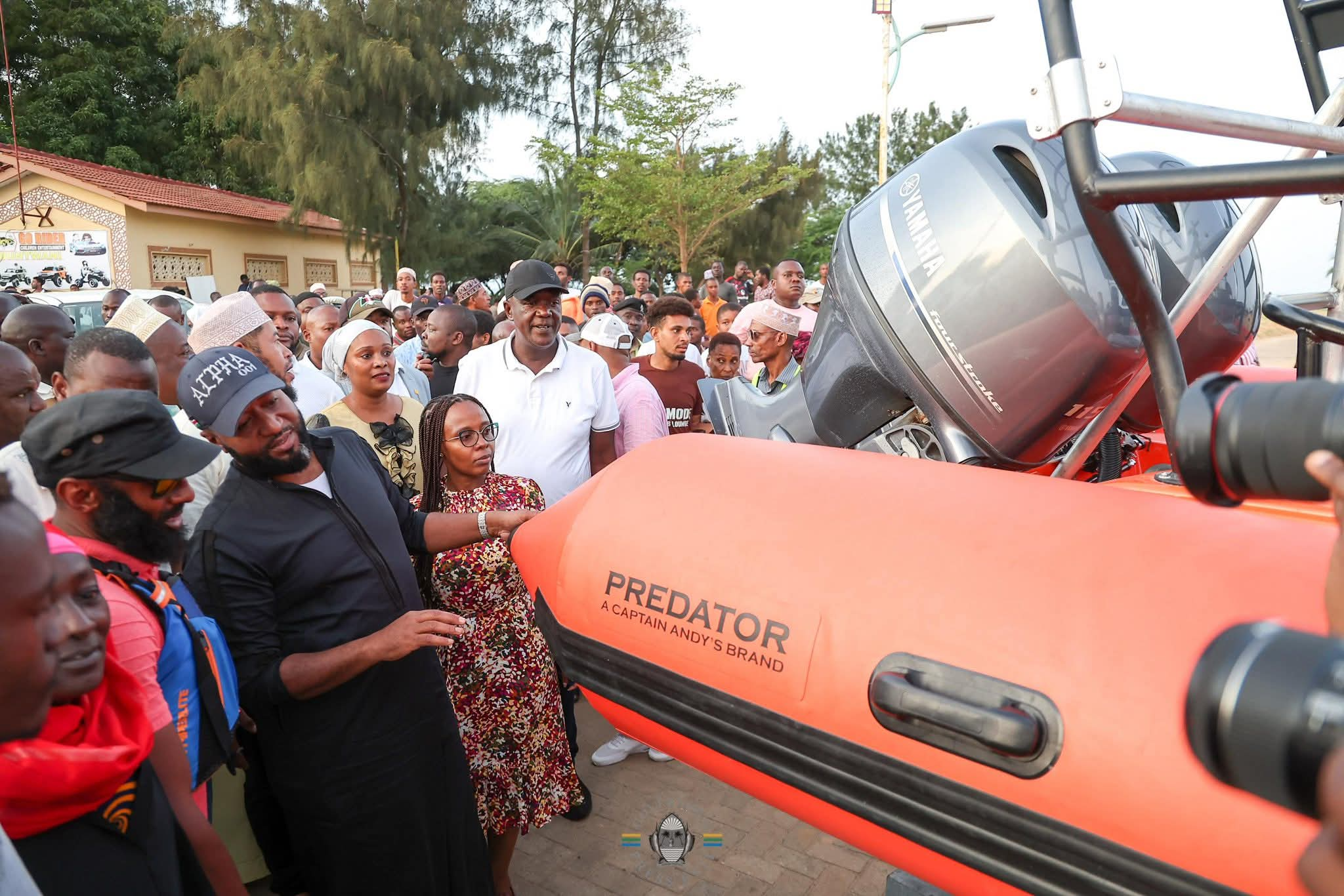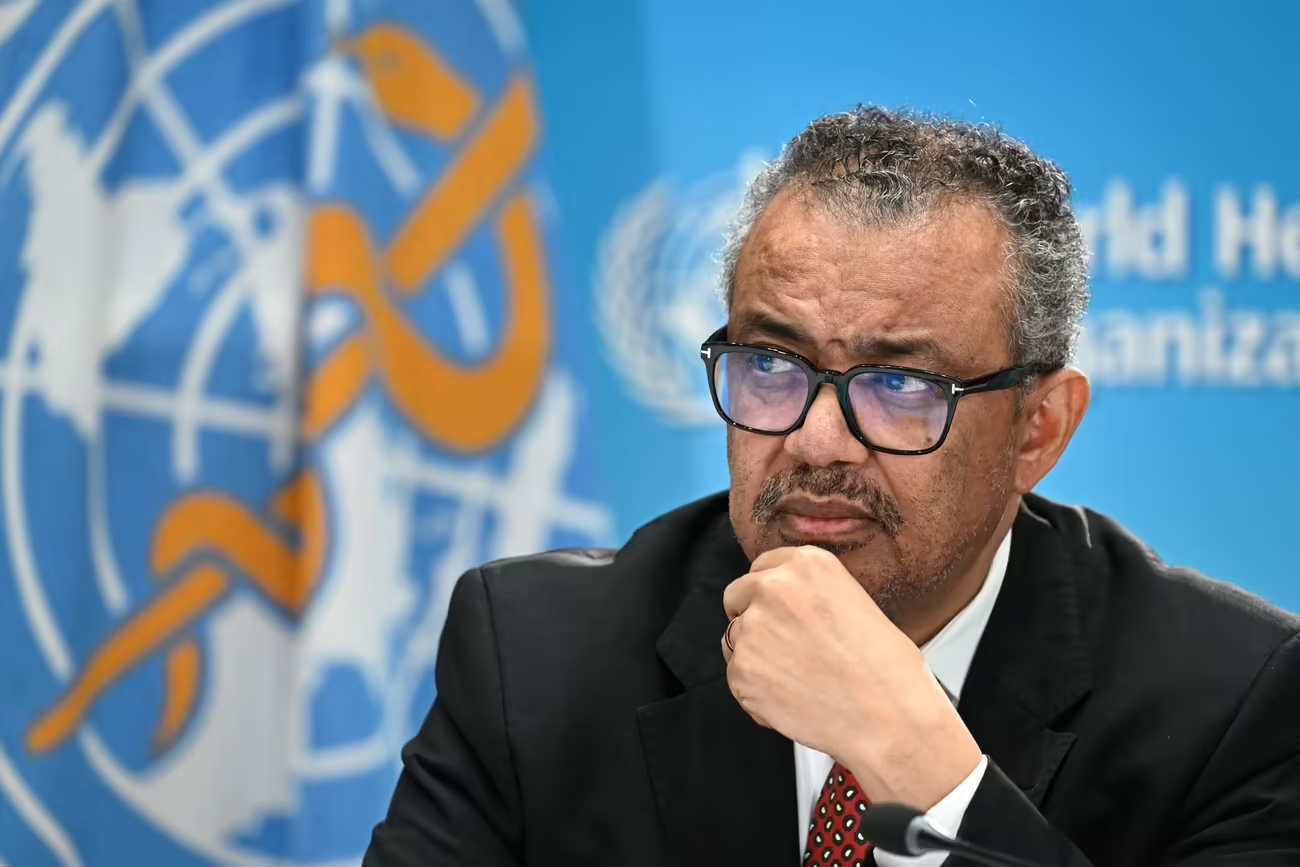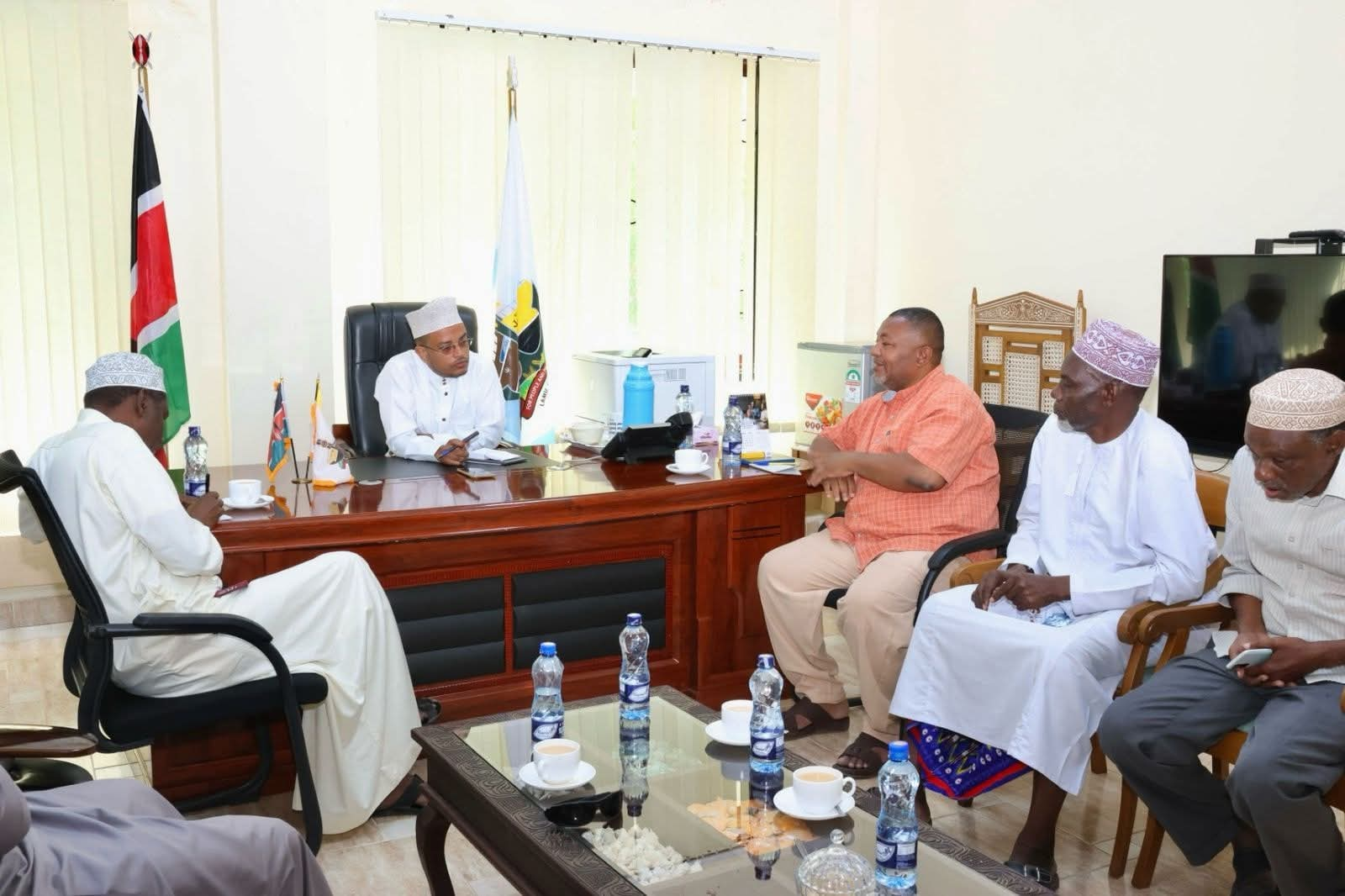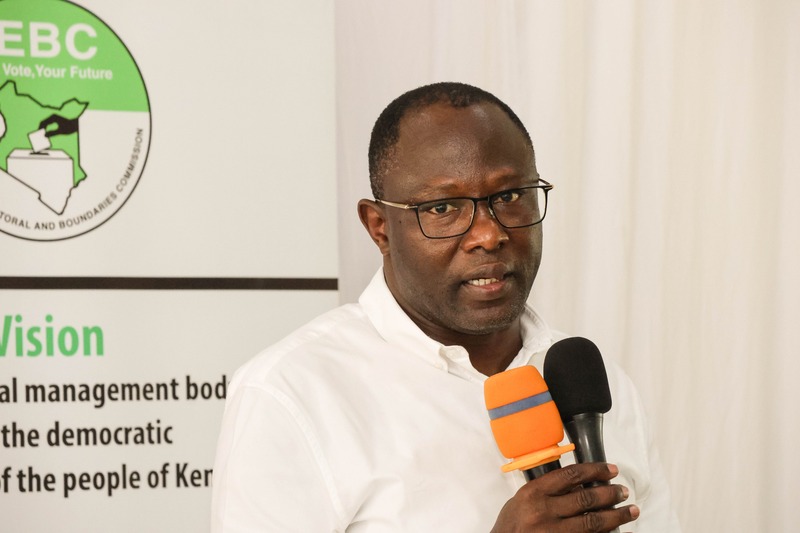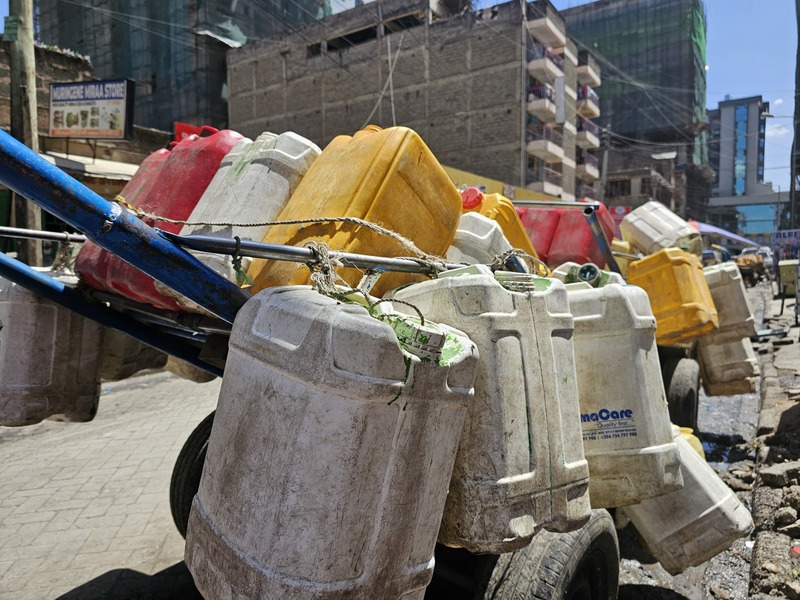Rights group urges AU, UN to deploy new mission to Sudan in wake of conflict
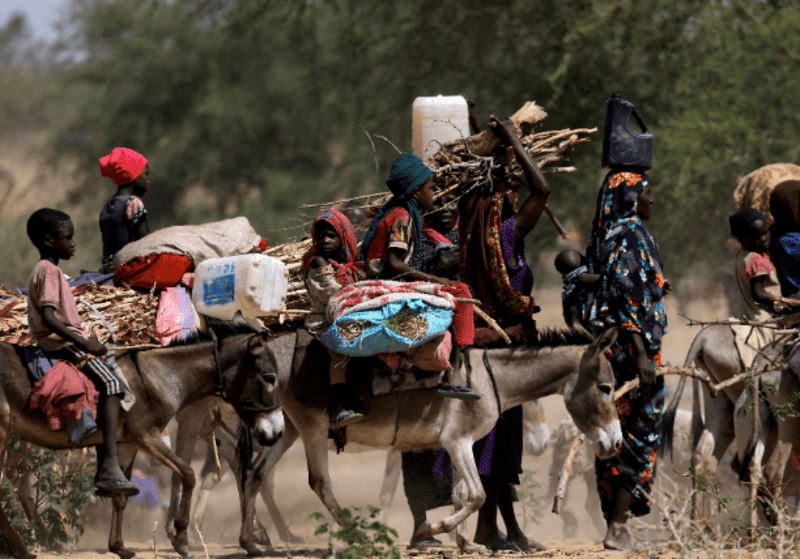
It further calls for partners and concerned states including Kenya to insist that affected communities be represented in the ongoing political processes.
Human Rights Watch's latest report on the conflict in Sudan has exposed details of horrific, large-scale ethnic killings of civilians in the country as well as rape and torture, calling for immediate intervention to end the suffering.
According to the report, the Sudan Armed Forces (SAF) and Rapid Support Force (RSF) used explosive weapons in residential neighbourhoods to kill and endanger civilians, looted and committed other abuses against Arab civilians, underscoring the failure by SAF and the Central Reserve Police, a militarised police unit, to protect civilians.
More To Read
- 17 areas of Sudan "at risk of famine": UN spokesman
- IGAD urges youth to take lead in regional peace
- RSF attack on Darfur camp kills 40 civilians, injures 19 in escalating Sudan conflict
- After starvation in Gaza and Sudan, refeeding syndrome a risk
- Libya linked to Sudan’s RSF military camp as UN condemns arms flow amid ongoing Darfur conflict
- 16 killed, eight injured in paramilitary forces attack in western Sudan - volunteer groups
"The mass killings of ethnic Massalit civilians, and in particular the context in which these killings took place, also requires urgent action from all governments and international institutions to ensure investigation of whether the facts demonstrate a specific intent on the part of the RSF leadership and their allies to destroy in whole or in part the Massalit and other non-Arab ethnic communities in West Darfur, that is to commit genocide, and if so, to prevent its perpetration, and to hold those responsible for its planning and conduct accountable," the report notes.
According to the report, since 2019, the Masalit people in West Darfur have come under renewed attack from militias and the RSF.
"In 2020, following years of a progressive drawdown of peacekeeping forces from sites across Darfur, the United Nations Security Council ended the mandate of the United Nations African Union Mission in Darfur (UNAMID), a joint peacekeeping force in the region, despite repeated warnings from displaced communities that this would remove a key deterrent to further attacks."
What followed were three large-scale attacks between 2019 and 2021 that destroyed neighbourhoods and IDP camps in and near El Geneina.
In April 2023, the report said an ethnic cleansing campaign was conducted against the Masalit expanding to more than seven towns and villages of West Darfur which were deliberately destroyed by fire.
It adds that despite continuous warnings of the unfolding events in West Darfur, regional and international partners failed to even condemn the violations of an existing arms embargo on the region let alone place mechanisms that curb further atrocities.
"Actions to punish and deter arms embargo violations by the UN Security Council were nonexistent, and any positive developments were few and far between.
In July last year, the office of the prosecutor of the International Criminal Court (ICC) said it was opening investigations into "recent abuses" in Darfur as part of its broader mandate in the region, stemming from a UN Security Council referral in 2005.
That was followed by a "delayed" UN Human Rights Council's Independent International Fact-Finding Mission (FFM) for Sudan.
Consult IGAD
The report calls on the AU and UN to consult with the Intergovernmental Authority on Development (IGAD) and deploy a new mission to Darfur with a strong policing component, mandated to protect civilians, monitor human rights violations and lay the groundwork for the safe return of those displaced.
"The UN Security Council should immediately roll out targeted sanctions against those most responsible for the heinous crimes documented in this report, including against General Mohamed Hamdan Dagalo "Hemedti," General Abdel Raheem Hamdan Dagalo, General Abdel Rahman Joma'a Barakallah, Musa Angir, Amir Massar Abdelrahman Assil and Amir Hafiz Hassan," the report says, adding to the list the individuals and entities found to have violated the arms embargo in Darfur.
It further calls for partners and concerned states including Kenya to insist that affected communities be represented in the ongoing political processes.
The report was based on research whose findings stemmed from interviews with 221 participants, who included 174 residents of El Geneina and surrounding villages who witnessed abuses in the city and on the road to Chad between April and July 2023 as well as an analysis of relevant images, clips and satellite imagery.
"The vast majority of the 221 interviewees identified as non-Arab, most as ethnic Massalit, though researchers interviewed 38 people from the Arab community in El Geneina as well, all of whom also spoke about abuses they had witnessed," HRW explains.
Other interviewees included 27 aid workers.
The researchers said most of the interviews were conducted in person in Chad, Kenya, South Sudan, and Uganda, with a smaller number of interviews conducted over the phone for security and access reasons.
"Nearly all of the 221 non-Arab and Arab refugees interviewed by Human Rights Watch who fled El Geneina between April 24 and June 27 mentioned witnessing people being killed or injured, and seeing dead bodies in El Geneina and as they fled toward Chad," HRW adds.
Top Stories Today






